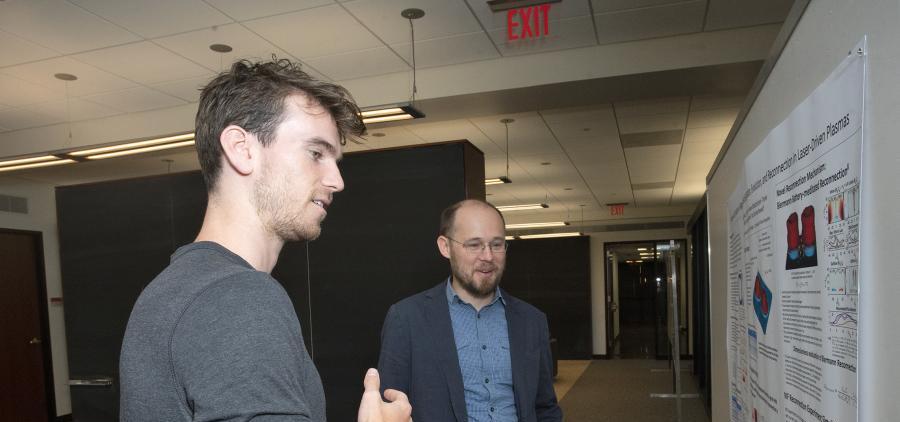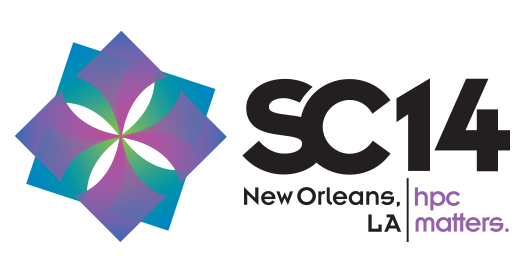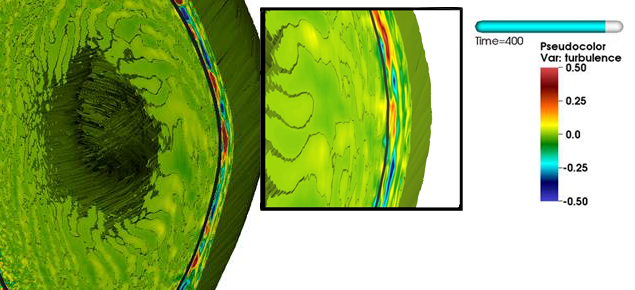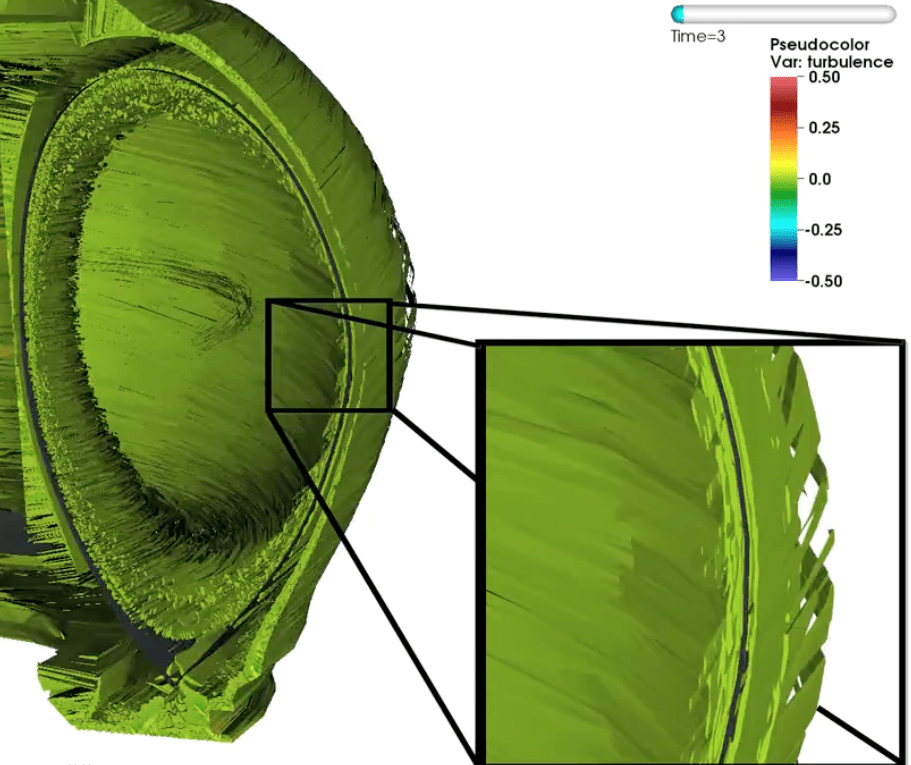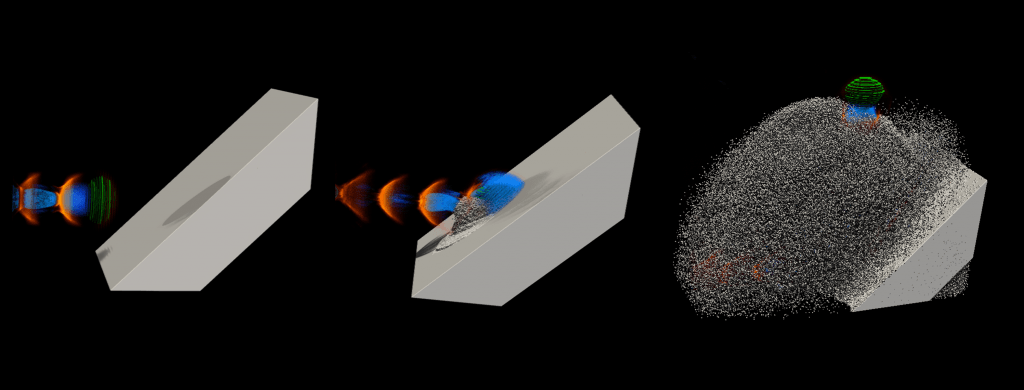
The development of plasma-based particle accelerators—experimental technology that promises several advantages over conventional accelerators—may soon be accelerated itself by a new, advanced simulation code: WarpX. Produced primarily by a team of researchers at Lawrence Berkeley National Laboratory (Berkeley Lab), Lawrence Livermore National Laboratory, and the French Alternative Energies and Atomic…
Coury TurczynOctober 28, 2022





